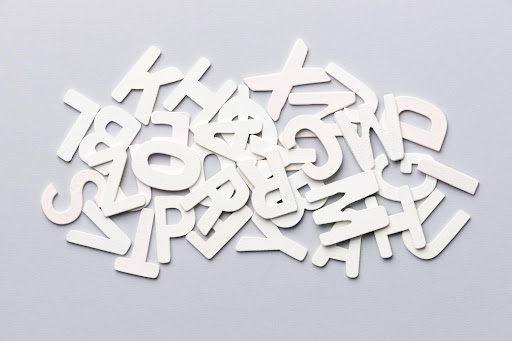When studying at high school, college or university, students are required to write essays. In the article, we will tell you how to write an essay correctly and avoid wordiness in it.
Stick to the structure to avoid wordiness
For any type of essay, it is important to follow its structure:
- Title.
- Introduction.
- Main part.
- Conclusion.
The title should be attractive and capacious. It should tell what the text will be about. In the introduction, the author writes what the main part will be about. Here the student enters into a discussion with the opposite side, which has a different opinion. Usually, the introduction takes 3-4 sentences.
The main part is the largest; it makes up about 70-80% of the entire essay. In this part, the author sets out the theses and then proves them, giving arguments and other opinions. This part of the essay should flow smoothly to conclusions. In conclusion, it is necessary not only to list all the arguments but to draw a detailed conclusion. It may repeat the title or introduction only in paraphrased form.
If you are not sure about your writing skills but want to end up with an essay with proper structure, we advise you to get help. You can leave a request to do my paper for me on the writing service. A professional writer will write you a well-structured essay.
Useful tips when writing an essay
In order for an essay to bring you the highest score, use our tips:
- When writing an essay, sketch out a rough plan. Write the main theses and how you will argue them.
- Write briefly and to the point, without any emotional overtones.
- Give not general arguments that will correspond to the whole topic but those that will confirm a certain thesis.
- It is better to use a formal style of writing. Abbreviations and slang are not suitable for this type of work.
- When writing an essay, use only those words and expressions that you are sure are correct.
- Divide the text into paragraphs, and do not overload the sentences. It is better that they are approximately the same in volume.
- When quoting, be sure to indicate the source and the date of access to it.
Remove redundancy
A combination of words where the meaning of one is already embedded in the meaning of the other is called pleonasm. Here are some examples:
- Earn money;
- secretly spy;
- bouquet of flowers;
- the month of January;
- morning sunrise;
- warn in advance, etc.
Pleonasm is a lexical error. Be on the lookout!
Simplify verbal nouns
The authors use verbal nouns to give the text “solidity and importance.” In scientific materials, this will work; in the rest – no. Verbal nouns complicate the perception of information. Let’s compare.
Example 1
The specialists performed the installation and configuration of the video surveillance system.
Example 2
Specialists installed and configured a video surveillance system.
Avoid adverbial phrases
Adverbial phrases complicate the syntax. Therefore, if a sentence is too cumbersome, it is better to reformulate it.
It was:
After completing courses in the basics of entrepreneurship, he went into business and soon began to make good profits.
It became:
He completed courses in the basics of entrepreneurship, went into business, and soon began to make good profits.
Modify complex sentences
It is easy to make a complex sentence non-union or even simple; this will simplify the perception of information.
The doctor told me to come back in a week. The doctor said, “the next appointment is in a week.” The doctor said to come back in a week.
Omit personal pronouns
Remember, personal pronouns are:
- in the singular – I, you, he, she, it;
- in the plural – we, they.
If the context allows you to remove the personal pronoun (in any case) without losing the meaning, feel free to omit it.
“Hi. I called you several times, but you didn’t pick up. Did something happen to you?”
Now compare:
“Hi. Called you several times. No answer. Did something happen?”
Total: minus three pronouns.
Excessive use of “I” in essays is akin to bad taste.
Use hyponymization
A hyponym is a particular meaning in relation to some general concept. For comparison:
- He was bitten by a beast.
- He was bitten by a dog.
- He was bitten by a bulldog.
We change just one word and get more specific information.
Eliminate amplifiers
Amplifiers add expressiveness but do not carry meaning. These include:
- totally;
- extremely;
- enough;
- absolutely;
- really;
- fully, etc.
Try to remove the amplifiers from the constructions “it was quite cold,” “the operation is really unsafe,” and “the service is absolutely free.” What changed?
Omit introductory words
Introductory words reflect the attitude of the author to what they say. Introductory words can:
- express confidence (undoubtedly, of course, certainly, true) and uncertainty (perhaps, maybe, should, seems, probably);
- reflect feelings (fortunately, surprisingly, to shame, unfortunately);
- indicate the source of the message (in my opinion, in their opinion, from their point of view, they say);
- serve for a bunch of thoughts (by the way, in this way, on the one hand/on the other hand, in addition, so).
If you remove the introductory words and constructions, the sentence’s meaning does not change.
Use these tips, and you will avoid wordiness in your essay.



















